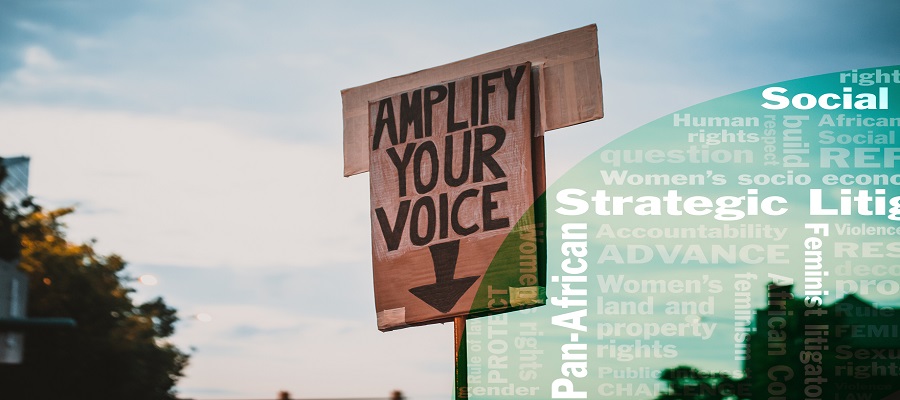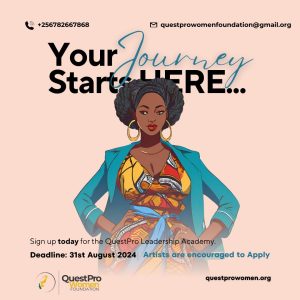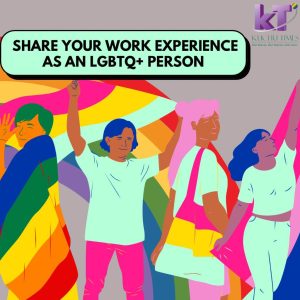The Initiative for Strategic Litigation in Africa (ISLA) invites social movement organizations working on sexual rights in Malawi, Botswana and Uganda to lead work as local coordinating partners under core partnership within the Sexual Rights Litigation Network (2021 – 2023). Social movement organizations working on sexual rights in Tanzania, Ghana and Liberia are invited to apply as associate local coordinating partners.
The network: what it is and how it works
The Sexual Rights Litigation Network (SXLN) is ISLA’s innovation to respond to violations on the basis of sexual orientation or gender identity by creating an enabling environment to litigate strategically on these issues before the domestic, regional and international human rights systems. Through the network, ISLA aims to promote the rule of law and establish progressive jurisprudence on sexual rights in Africa. It is located within ISLA’s programme on Building Partnerships for Social Change whose work focuses on three powerful ways through which the law can operate namely socio-legal context, social movements and lawyers-as-organisers.
The purpose of the Sexual Rights Litigation Network is to build a body of actors that can hold states accountable for violations against persons based on their gender and/or sexuality. We partner with organizations and individuals where there is a symbiotic opportunity to enhance each other’s strategic litigation work on sexual rights and as such, ISLA invests in partnerships where there is a shared vision of using strategic litigation as a tool for social change by focusing on strengthening the capacity within the sexual rights litigation network, providing support to institutions and lawyers litigating on sexual rights, as well as supporting resource mobilization. We employ an anchor-hub model, where ISLA as anchor- ensures capacity and institutional strengthening for partners to enable them to manage the strategic litigation agenda with plural leadership across the movement.
Joining the Sexual Rights Litigation Network provides an opportunity to work with ISLA to:
- Create an enabling environment for strategic litigation on sexual rights within social movements by strengthening the institution’s human rights programs and capacity to litigate strategically before domestic courts and the African Human Rights Systems.
- Contribute to the creation a pool of effective African feminist litigators within civil society organisations who are embedded in movements and the communities whose rights they seek to defend and who have an in depth understanding of the issues that they litigate
- Develop progressive jurisprudence on gender and sexuality, in particular, feminist jurisprudence before domestic courts and the African Human Rights Systems on its thematic areas of focus and on practices and procedures to hold state and non-state actors accountable.
What do the partnerships mean?
The network functions through partnerships; the anchor-hub model envisions collaborative relationship between ISLA and the local coordinating partners that serve as core partners in the network, who then go to find lawyers and social movement partners. We formalise this relationship by signing the core partnership agreement with the network partners to implement the 3-year capacity strengthening curriculum for lawyers and social movements.
The political orientation of the organisations is important; that is to say organisations should demonstrate interest in using the law and courts in particular as an advocacy tool.
ISLA desires partners that understand their long-term vision and are able to locate this as part of their organizational work. The practical implications of this is that the local coordinating partner organisation must have the ability to make preliminary assessments on the effectiveness of the work according to the stated objectives. ISLA notes the position of some organizations that work closely and co-operate with the State on public health programs and recognize the tension that this approach presents in holding the state accountable to human rights violations. We are thus seeking institutions that are intentional in taking up the role to engage with the state as right-holders.
The two types of partnerships:
- We work with the core partnersto identify organizations whose goals and mission’s align with the program objectives to employ strategic litigation to surface gender bias in the law, hold States accountable for violations based on gender and sexuality by strengthening and defending human rights accountability mechanisms in Africa, and to develop new human rights norms and ultimately bring about social change.
- Under our associate partnership, all the above components are included but we conclude it in countries where we are not able to implement the curriculum fully (going three times a year to work with partners to implement the programme) because of funding limitations or extremely hostile political situations. ISLA does not fully run the capacity strengthening component of the sexual rights litigation network in these countries, but instead collaborates with organizations and individuals to develop cases and strategies for litigation on sexual rights.
We work with social movement organizations to identify cases/themes for strategic litigation and to develop a strategic litigation approach rooted within domestic, regional, and international human rights frameworks. An adapted online capacity strengthening curriculum for remote learning will also be utilized to support any capacity strengthening needs along the way.
What we are looking for
In order to do this work, it is important to find a local coordinating entity who understands the local context and actors so that they can identify the movement and lawyers for the network chapter. We seek applications from organizations to join the SXLN as the local coordinating partner for each country network chapter by mobilising others to participate in the network: this includes those social movement, individual lawyers, and legal services organizations whose goals and mission’s align with the program objectives to employ strategic litigation to surface gender bias in the law, hold States accountable for violations based on gender and sexuality by strengthening and defending human rights accountability mechanisms in Africa and develop new human rights norms and ultimately bring about social change.
Functions of the local coordinating partners
The local coordinating partners under the partnerships must be capable of accomplishing the following:
- Coordination and administrative support
- Identifying potential movement partners and lawyers to participate in building the sexual rights litigation network
- Managing country visit and litigation institute logistics by arranging accommodation, transport and per diems for local lawyers and movement partners
- Maintaining a database of human rights violations submitted by partners, following up on cases and ensuring an efficient referral mechanism
- Creating an enabling environment for plural leadership and ownership of the work by local partners
- Support the development of the Litigation Fund by
- Communicating about the network
- Lead communication about the network with the support and input of ISLA and other social movement partners
Partner selection criteria
The organizations we would be interested to work with as local coordinating partners are those that are working on sexual rights broadly, and specifically SOGIE human rights issues and:
- Are LGBTI led OR whose work is located in the sexual rights social movements, AND see themselves as being a part of building a social movement.
- Has a clear focus on human rights broadly and sexual rights in particular reflected in strategic plan/document.
- Is interested in contributing to a social movement led approach to legal mobilization.
- Has expressed and demonstrable interest in how social change can happen and in particular using the law to address barriers to social change.
- The organization is desirous of strengthening its ability to identify cases that can go for strategic litigation.
- The organization subscribes to shared values like feminist ethos, equality and non-discrimination.
Application Process
We invite organisations that meet the selection criteria to complete the application form here, https://www.surveymonkey.com/r/L33HP9B
Deadline for Applications
The deadline for submission is November 20, 2020. ISLA will communicate with the selected organisations by November 30, 2020. Kindly email recruitment@the-isla.org for any questions or if you encounter technical difficulties in the application process.




